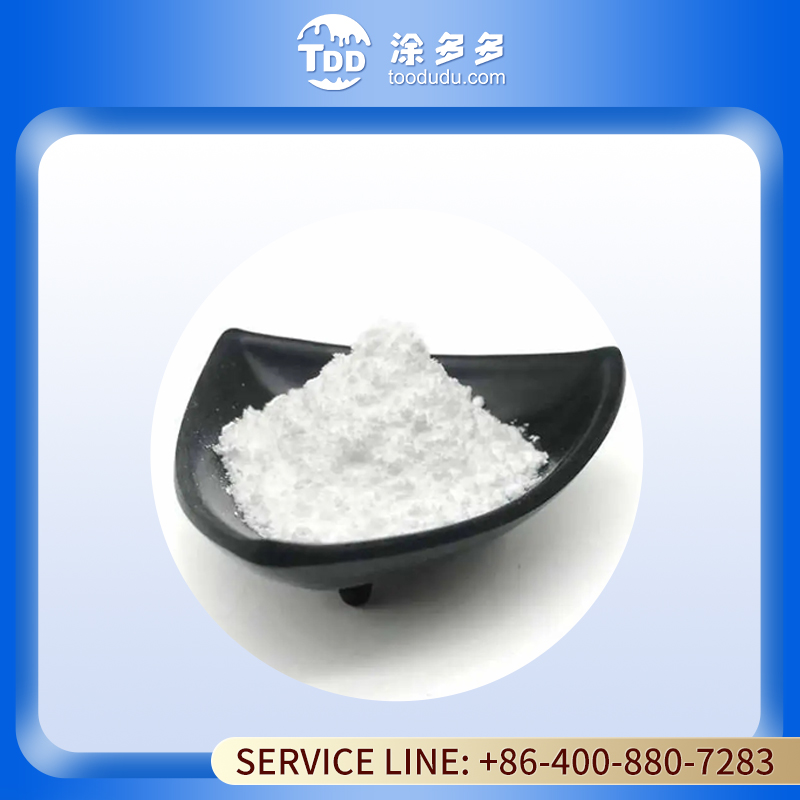Talcum powder – a good helper for oily wastewater treatment
China Powder Network News At present, environmental protection has been included in the national key work deployment, requiring environmental protection inspections to be an important starting point to promote the construction of ecological civilization. The oily wastewater mainly comes from cooling lubricants in the petroleum industry, steel, gas workstations, and machinery industries. The oil surface in the wastewater causes the water body to lose its self-purification ability and destroys the ecological balance in the water. It not only harms human health, but also affects the production of crops.
At present, air flotation is the main method for treating oily wastewater. However, this method consumes high energy, uses a lot of flocculants, and occupies a large area. Other methods such as electrochemical methods, adsorption methods, etc. also exist. Disadvantages include high operating costs and small scope of application.
In recent years, some experts have conducted in-depth research on oily wastewater treatment and provided a new way. Experts examined the effect of the two factors of talc dosage and particle size on the purification of oily sewage by inflatable cyclones. The results show that when the fineness of talc powder (150g/m3 water) is 0.074mm and accounts for 81%, the oil removal rate reaches 78.30%. The oil removal effect of talc powder on the inflatable cyclone is significant. Compared with not adding talc powder, The oil removal rate is increased by about 5%. There are also researchers who examine the effectiveness of silicate powder in treating oily wastewater under different conditions. The results show that at a temperature of 20°C, a talc dosage of 20g/L, and slow stirring for 15 minutes, the gasoline COD removal rate is 97.8% and the diesel fuel removal rate is 81.5%. Compared with not adding talc powder, the oil removal rate is The rate increased by about 5%.
Talc is a natural hydrophobic and lipophilic mineral that can promote the separation of hydrophobic and lipophilic particles in oil and water. Therefore, talc powder can be used as an oil absorbent to treat oily wastewater. Through experiments, we have a new definition of talc powder, and the treatment of oily wastewater will also move to a new level.
 2024-03-10
2024-03-10  2024-01-31
2024-01-31  2024-01-22
2024-01-22  2024-01-31
2024-01-31  2024-03-10
2024-03-10 




